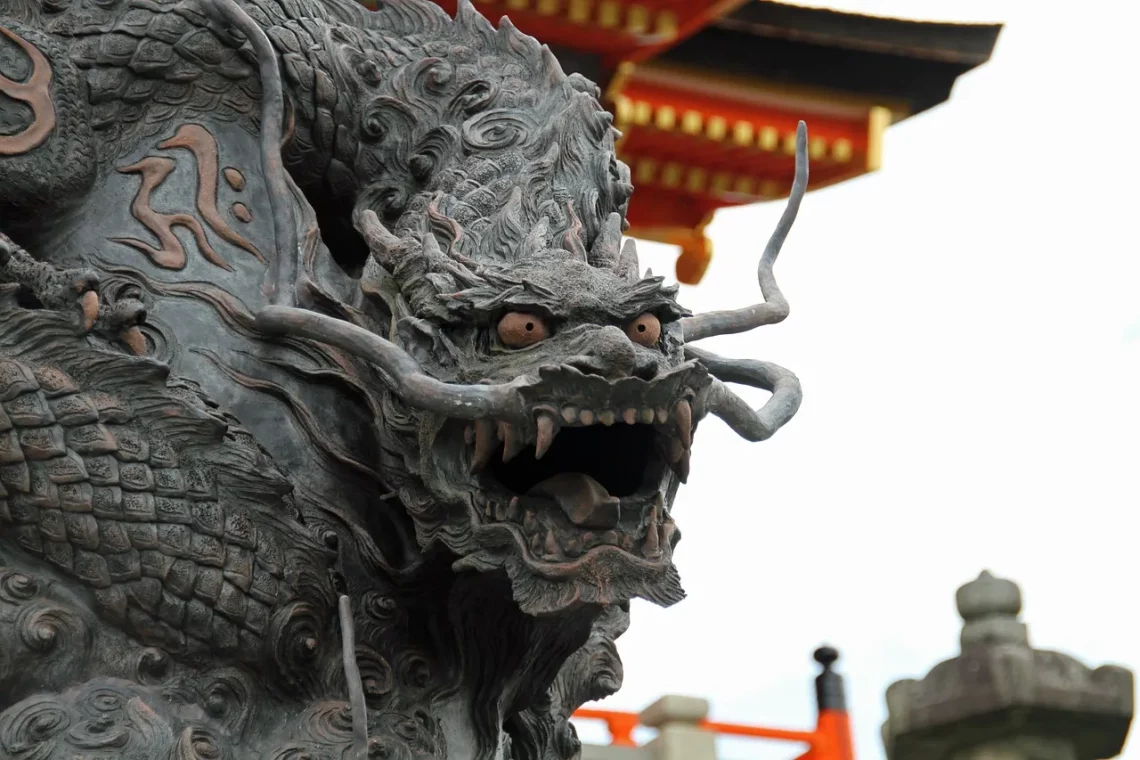
Understanding Why Your Bearded Dragon Won’t Eat: Common Reasons
Bearded dragons are fascinating reptiles that have gained immense popularity as pets due to their unique personalities and relatively easy care requirements. However, as a responsible pet owner, you may encounter situations where your bearded dragon refuses to eat. This behavior can be concerning and puzzling, especially if you are unsure of the underlying reasons. Understanding the factors that can affect your dragon’s appetite is crucial for their well-being and ensures that you provide the best care possible.
The reasons behind a bearded dragon’s refusal to eat can vary widely, ranging from environmental factors and stress to health issues. Often, these creatures may simply be experiencing a phase of reduced appetite related to their natural behaviors, such as brumation or seasonal changes. Other factors, such as their diet, habitat conditions, or even the presence of other pets, can also play a significant role in their eating habits.
By exploring these potential causes, you can better understand your bearded dragon’s needs and take appropriate action to encourage healthy eating habits. Recognizing when to seek help or make adjustments in their care can lead to a happier and healthier pet. Let’s delve deeper into the common reasons why your bearded dragon may not be eating.
Environmental Factors Impacting Appetite
One of the primary reasons a bearded dragon may refuse to eat is related to their environment. Bearded dragons are highly sensitive to their habitat conditions, and any changes can significantly impact their behavior, including their appetite.
Temperature is a critical aspect of a bearded dragon’s environment. These reptiles require a basking area with temperatures reaching around 95 to 110 degrees Fahrenheit and a cooler side that ranges between 75 to 85 degrees Fahrenheit. If the basking area is not warm enough, your dragon may not feel comfortable enough to eat. Insufficient heat can lead to a sluggish metabolism, causing them to exhibit reduced appetite.
Moreover, the humidity levels in the enclosure can also affect your dragon’s well-being. Bearded dragons thrive in a dry environment, with humidity levels of around 20% to 40%. Excess humidity can lead to respiratory issues and discomfort, further contributing to a lack of appetite.
Lighting is another pivotal factor. Bearded dragons require UVB lighting to synthesize vitamin D3, which is essential for calcium absorption. Without adequate UVB exposure, your dragon may suffer from metabolic bone disease, leading to decreased appetite. Ensure that the UVB light is placed correctly and replaced every six months, as the effectiveness diminishes over time.
Lastly, the enclosure size and setup can impact stress levels in bearded dragons. A cramped or cluttered space can lead to anxiety, making them less inclined to eat. Providing a comfortable and spacious habitat with hiding spots can help reduce stress and encourage feeding behavior.
Health Issues to Consider
If your bearded dragon is not eating, it’s crucial to consider potential health issues. A variety of medical conditions can lead to a loss of appetite, some of which may require immediate veterinary attention.
One common health issue is gastrointestinal parasites. These parasites can cause discomfort and malaise, leading to a significant reduction in food intake. Symptoms such as lethargy, weight loss, or abnormal feces may indicate the presence of parasites. If you notice these signs, seek veterinary assistance for a proper diagnosis and treatment.
Another health concern is metabolic bone disease, often linked to inadequate UVB exposure or calcium deficiency. Symptoms may include lethargy, swelling in the limbs, or abnormal posture. If your bearded dragon shows signs of weakness or changes in movement, it’s essential to consult a veterinarian promptly.
Respiratory infections can also lead to decreased appetite. Symptoms such as wheezing, nasal discharge, or open-mouth breathing can indicate that your dragon is struggling to breathe comfortably. In such cases, immediate veterinary care is necessary to address the underlying infection.
Additionally, dental issues can affect a bearded dragon’s ability to eat. If you notice any swelling or discoloration in the mouth, or if your dragon is having difficulty eating, it may be suffering from dental problems that require professional evaluation.
Regular health check-ups and being attentive to your dragon’s behavior can help catch potential issues early, ensuring that they remain healthy and active.
Behavioral Factors and Stress
Behavioral factors play a significant role in a bearded dragon’s eating habits. Stress can arise from various sources, including changes in their environment, handling, or even the presence of other pets. Understanding the sources of stress is crucial for encouraging healthy eating patterns.
One common cause of stress is sudden changes in the bearded dragon’s environment. Moving to a new home, changing their enclosure setup, or introducing new pets can all create anxiety for these reptiles. Providing a stable and predictable environment can help alleviate stress and encourage eating.
Handling can also contribute to stress. Some bearded dragons may not enjoy being handled frequently or may feel threatened if they perceive you as a predator. It’s essential to observe your dragon’s body language and respect its comfort levels. If your dragon is showing signs of stress, such as puffing up, hissing, or trying to escape, it may be wise to limit handling until they feel more secure.
Additionally, a bearded dragon may become stressed if they are not given enough time to acclimate to new surroundings. If you have recently adopted or moved your dragon, allow them some time to adjust before attempting to feed them. Patience is key in helping them feel comfortable in their new environment.
Social dynamics can also affect a bearded dragon’s appetite. If you have multiple reptiles in a shared space, ensure that they are compatible and not displaying aggressive behaviors towards each other. Aggression or competition for resources can lead to stress, which may manifest as a refusal to eat.
Lastly, ensure that your bearded dragon has access to a consistent feeding schedule. Routine can provide a sense of security, helping them feel more comfortable and encouraging them to eat.
In conclusion, bearded dragons can refuse food for various reasons, including environmental factors, health issues, and behavioral stressors. If your dragon displays a prolonged lack of appetite, it is essential to monitor their condition closely and consult a veterinarian if necessary. Remember, maintaining a stable environment, providing proper care, and being attentive to their needs can significantly impact their health and happiness.
**Disclaimer:** This article is not intended as medical advice. If you suspect your bearded dragon is experiencing health issues, please consult a qualified veterinarian for professional guidance and care.




